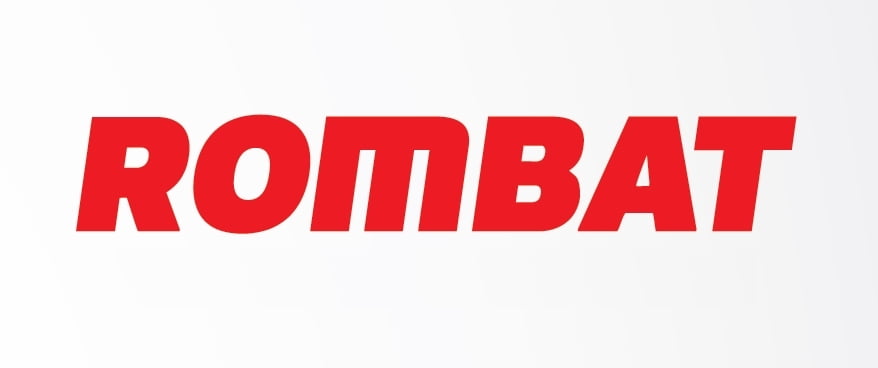What is Batch Production? A Complete Guide to Batch Manufacturing and Batching Production
Batch manufacturing, also known as batch production or batching manufacturing, is a process where products are created in specific groups or quantities within a defined timeframe. In this system, a production batch moves step by step through various stages until the final goods are batch produced. Unlike continuous or mass production, batching production offers manufacturers the ability to produce smaller quantities, ensuring better quality control and flexibility to make necessary adjustments.
This method of batch processing manufacturing provides greater adaptability for manufacturers, especially when customer requirements shift or market demands change. By working in batches, manufacturers can closely inspect each stage of batch productions, making it easier to spot and resolve issues early. Industries such as food, pharmaceuticals, and customized goods rely heavily on batching manufacturing because precision and quality are critical.
One of the major advantages of batch production is the ability to maintain product consistency while still allowing customisation between batches. After each batch is complete, manufacturers can adjust processes to suit different customer needs or product variations. This adaptability makes batch production ideal for businesses facing frequent shifts in demand.
However, batch production does involve downtime. Between batches, equipment often needs cleaning, reconfiguration, or recalibration before starting the next batch production run. While this may seem like a drawback compared to continuous or mass production, the benefits of quality assurance and product customisation often outweigh the delays.
In summary, batch production is a valuable approach for companies that prioritise flexibility, precision, and customer-specific variations. By producing in smaller, controlled production batches, manufacturers can guarantee product consistency and adapt quickly to evolving markets. For many industries, batch production remains one of the most effective manufacturing strategies.
FAQs
Q1. What is batch production in manufacturing?
Batch production is a manufacturing method where products are made in groups or sets, called production batches. Each batch moves step by step through the production process until the goods are batch produced.
Q2. How does batch manufacturing differ from mass production?
Unlike mass production, which runs continuously, batch manufacturing (also called batching production) produces items in smaller quantities. This allows manufacturers to adjust, maintain higher quality standards, and customise products between batches.
Q3. What are the advantages of batch processing manufacturing?
Batch processing manufacturing offers flexibility, better quality control, and the ability to customise products. Each production batch can be modified to meet specific customer needs, making it ideal for industries like food, pharmaceuticals, and custom goods.
Q4. Are there disadvantages to batching manufacturing?
Yes. One drawback of batching manufacturing is downtime between production batches. Equipment often needs cleaning or recalibration, which can delay the process compared to continuous production.
Q5. Which industries benefit most from batch production?
Industries that rely on precision and quality, such as pharmaceuticals, food production, cosmetics, and customised manufacturing, benefit most from batch production because it allows flexibility and consistent results.












